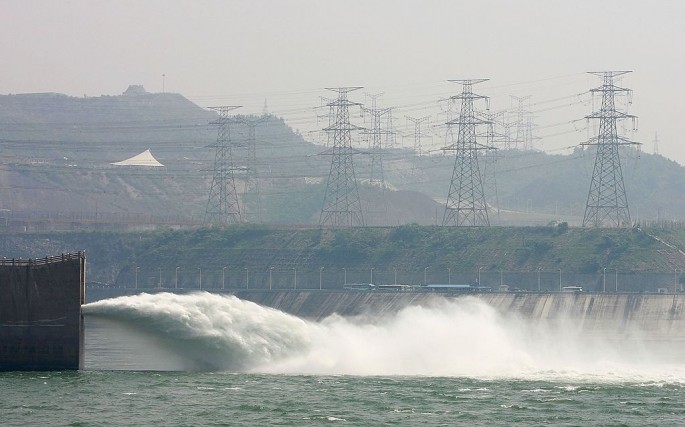China is at a crossroads of environmental progress as it decides whether or not to sacrifice its last remaining un-dammed river to be able to eradicate the use of fossil fuels.
The Nu River, China's last remaining "wild" river, is at risk of getting abused as the country begins bowing off the use of fossil fuels and turning to cleaner energy resources like hydropower plants.
A report from the New York Times noted the difficult choice China has to make on whether or not to sacrifice its last known wild river for cleaner air or to refrain from using it to maintain clearer water.
The Endangered Nu River
Known as Salween River in Myanmar, the Nu remains a wild and pristine turquoise body of water, untainted by dams and man-made structures.
The Nu River is considered the heart of a world heritage site in the southwestern Chinese province of Yunnan and it is among the most ecologically diverse and fragile places in the world.
Environment conversation advocates had fought well and hard in defense of this great river, and over the past decade they faced an astounding turn of events that led to their defeat.
In a 2013 report, The NY Times revealed how environmentalists were caught by surprise by an announcement from the Chinese government stating its plan to build hydropower plants along the Nu River.
"We're talking about a cascade of dams that will fundamentally alter the ecosystems and resources for downstream communities that depend on the river," International Rivers China Program Coordinator Katy Yan explained.
Aside from the clear destruction of its natural beauty, the erection of dams along the river is expected to cause difficulties for those who live downstream and might even destroy breeding areas for some endangered species of fishes.
"The dam builders who have set their sites on the Nu River are like poachers who riddle endangered species with bullets so they can sell the body parts for profit," Waterkeeper Alliance campaign manager Donna Lisenby told EcoWatch.
Climate Change
Despite obvious complications that might arise, China still has not given up on its venture in turning its rivers into cascading series of lakes considering the rapidly worsening symptoms of climate change.
"With global temperatures rising, can China afford to protect its rivers and forgo an alternative to the coal-fired plants responsible for much of the world's greenhouse gas emissions?" the NY Times report posited, bringing to light the difficult choice of preserving river life or cleaning the air and creating more sustainable sources of energy.



























